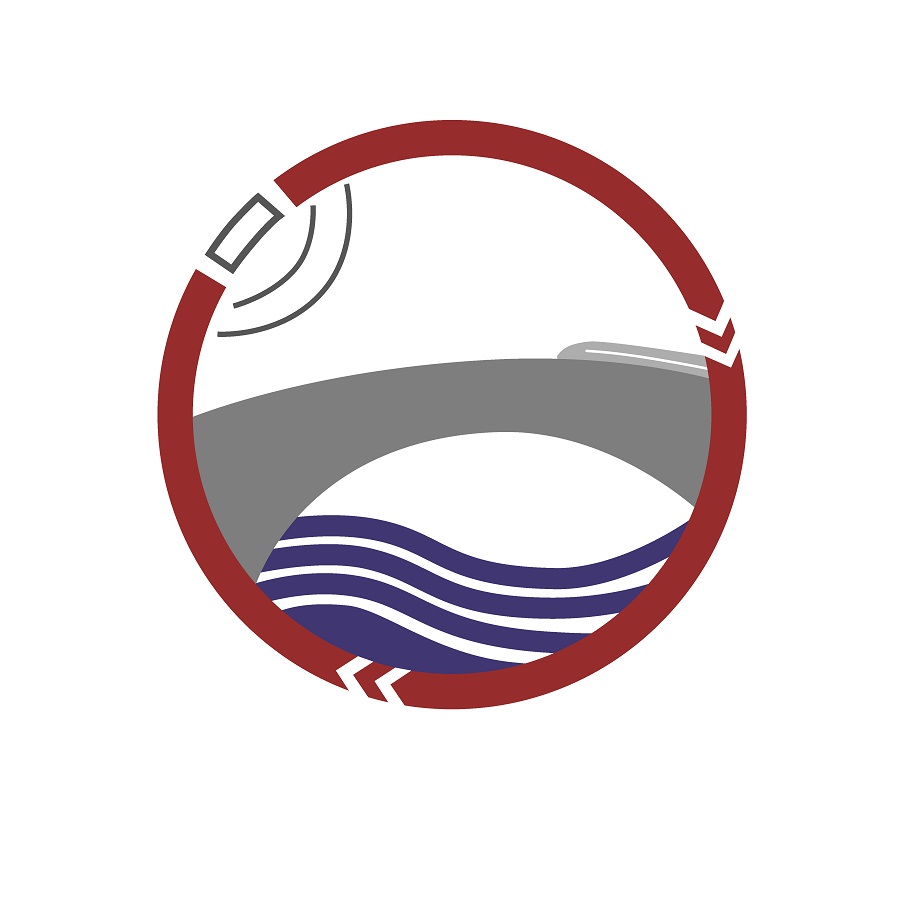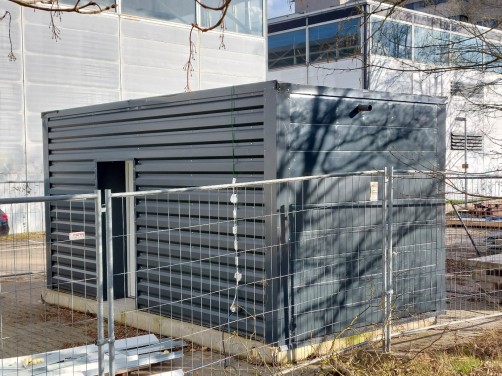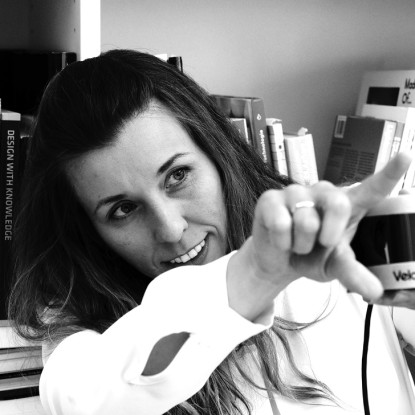| Project name |
Innovative Ultra-low Carbon Building Steel Envelop systems with Bio-based Insulation |
|---|---|
| Acronym | InCSEB |
| Project partner |
|
| Grantor | European Community‘s Research Fund for Coal and Steel (RCFS) |
| Duration | 1.8.2021 – 31.7.2025 |
| Project content |
The research project Innovative Ultra-low Carbon Building Steel Envelop systems with Bio-based Insulation (InCSEB) is developing five different metal building envelop systems with a low carbon footprint using innovative wood fiber insulation. The aim is to contribute to the European goal of carbon neutrality by 2050 (European Green Deal). One of these five façade solutions will be sandwich panels with wood fiber insulation as core material. In the construction industry, sandwich elements usually consist of two thin metal face sheets and a shear-soft core, usually made of polyurethane or mineral wool. They are characterized by the combination of lightweight construction, thermal insulation, simple assembly and cost-effective series production. As a result, sandwich elements have already established as an economical solution for roof and wall components, especially in industrial construction. As part of the InCSEB project, numerous studies are being carried out on sandwich panels with wood fiber insulation as the core layer. Studies are planned in various European research institutes on mechanical, fire and building physics properties, LCA indicators, calculations of the CO2 footprint and economic viability, among other things. The aim of this research project is to patent metallic facade solutions that meet both current ecological and economic requirements in order to be able to place them on the European market in the future. At TU Darmstadt, two prototypes with five newly developed facade solutions were built in 2022 to analyze the durability behavior under real environmental conditions. Over a period of two years, building physics measurements will be carried out here with regard to temperature and humidity development and heat flow. In addition to the building analysis, extensive mechanical and durability tests are carried out on sandwich elements with wood fiber core to determine the potential future range of applications for roof and wall panels. For this purpose, numerous experimental tests according to DIN EN 14509 are carried out on large- and small-scaled specimens to evaluate the load-bearing capacity, serviceability, durability and material properties. |
Department of Civil and Environmental Engineering

InCSEB
Innovative Ultra-low Carbon Building Steel Envelop systems with Bio-based Insulation
InCSEB
Innovative Ultra-low Carbon Building Steel Envelop systems with Bio-based Insulation
Research project InCSEB








